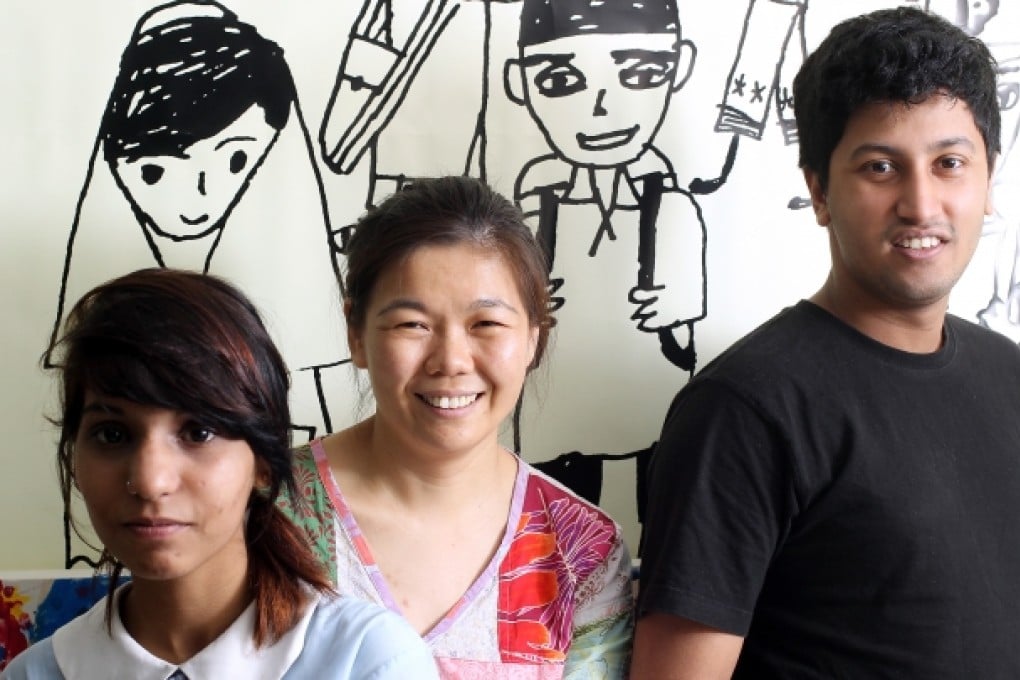Ethnic minority pupils 'being set up to fail'
Teachers and rights activists say a new curriculum and resources are needed to ensure children have access to Chinese language skills

Tens of thousands of local ethnic minority pupils in the city's public schools are being set up to fail through being denied the one skill they need to prosper - proficiency in Chinese - teachers and rights activists say.
Without having a curriculum geared towards non-native Chinese speakers, they are being condemned to menial jobs, continuing poverty and even crime, according to the groups.
Chinese teacher Chung Lai-ming says she was rendered speechless when she stepped into a secondary school class, only to find the language abilities of her students were equivalent to that of seven-year-old natives.
"I wondered what they actually learned in six years of Chinese classes - some of them in mainstream local schools," she said.
Fermi Wong Wai-fun of minority rights advocacy group Unison, said: "If you don't deal with the problem [of teaching ethnic minorities Chinese], you won't have social harmony. You are creating an outcast group."
She added: "We are not talking about new immigrants. These are third- or fourth-generation Hongkongers."